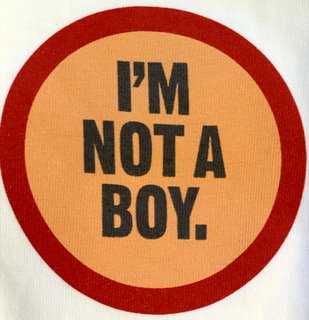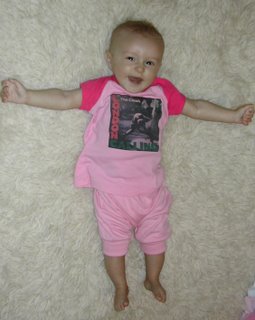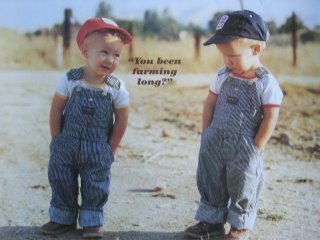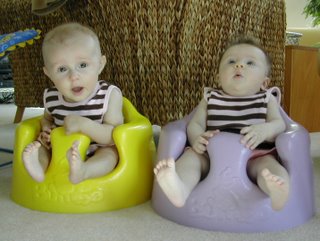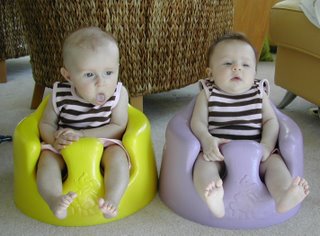Okay, so there's this new campaign designed to make more women breastfeed. One of the ads shows a pregnant woman riding a mechanical bull and suggests that
not breastfeeding after delivery is just as risky. This has caused some controversy, understandably. You can read more about it
here and view the commercial
here.
As a communication scholar, here's my beef:
Amy Spangler, a nurse who is involved with the U.S. Breastfeeding Committee and who influenced the campaign, actually said, “What the campaign is doing is really sharing information and there are no studies to show that sharing information and helping people make informed choices in any way contributes to them feeling guilty about that choice, whatever it might be.”
No studies? Woman, are you nuts? Have you done a proper psycinfo search to find the THOUSANDS of studies (okay, maybe not THOUSANDS -- no wait, I bet it IS thousands) in my field, communication, that focus on message framing and the cognitive and emotional effects thereof? No, you haven't. Clearly you haven't. Or you have but you don't want to admit it. No, I'm pretty sure you haven't. Dumbass.
Ads of this type use what we call a "fear appeal." Fear appeals are risky. If you frighten the audience too much (i.e., by equating some behavior with something as dangerous as, say, riding a mechanical bull while pregnant), you will turn them off. Mission NOT accomplished.
What pisses me off is the way these campaigners are so hesitant to focus on the positives of breastfeeding -- not for the baby, mind you, but for the mother. Their fear? Activating incest schemas. The reasoning is that if you tell women that breastfeeding will release feel-good hormones, make the uterus contract, and promote bonding, it'll freak people out. Heaven forbid the mother should get any gratification out of it.
But what pisses me off even more -- not as a mother but as a scientist, dammit -- is their horrific distortion of the effect sizes revealed in the research. Is
not breastfeeding as significant a "risk" as riding a mechanical bull while pregnant? Hell no! There is no risk associated with formula feeding, unless contaminants get into the water drunk by the cows, which, incidentally, is the same water drunk by the mother. No, let's be straight here -- there are
benefits associated with breastfeeding, not risks associated with
not breastfeeding. And no, the two are not equivalent. Risks refer to potential losses; benefits refer to potential gains. They're both based on a status quo of reasonably normal health.
And the benefits of breastfeeding are not huge. They're minor -- we're talking less than a percentage point for most diseases. But from a public health perspective, even half a percent in risk likelihood is big.
Financially. Which is why it matters. If you can reduce the risk of asthma, say, by half a percent, when you expand that effect size to a nation of 300 million, well, that's
significant. But if breastfeeding your kid gives her 1/2% boost in asthma immunity, well, you need to make a decision as a parent about whether that 1/2% boost is worth your sanity.
This is just more woman-hating bullshit.
Let's scare 'em, that always works. Meanwhile, we get to stand there in the checkout line staring at magazines that scream BODY AFTER BABY. Every breastfeeding book on the market warns against dieting while breastfeeding because it reduces the milk supply. Yet we hear in one ear that our gods -- sorry, doctors -- insist that we breastfeed while in the other ear we hear that our other gods -- sorry, the media -- insist that we crash diet to model on the Victoria's Secret runway six weeks after giving birth.
Damn, I hate this country almost as much as I love it.
p.s. This is the first evening that I've allowed myself to have 2 glasses of wine after putting the baby to bed. Clearly it was more than I could handle.
